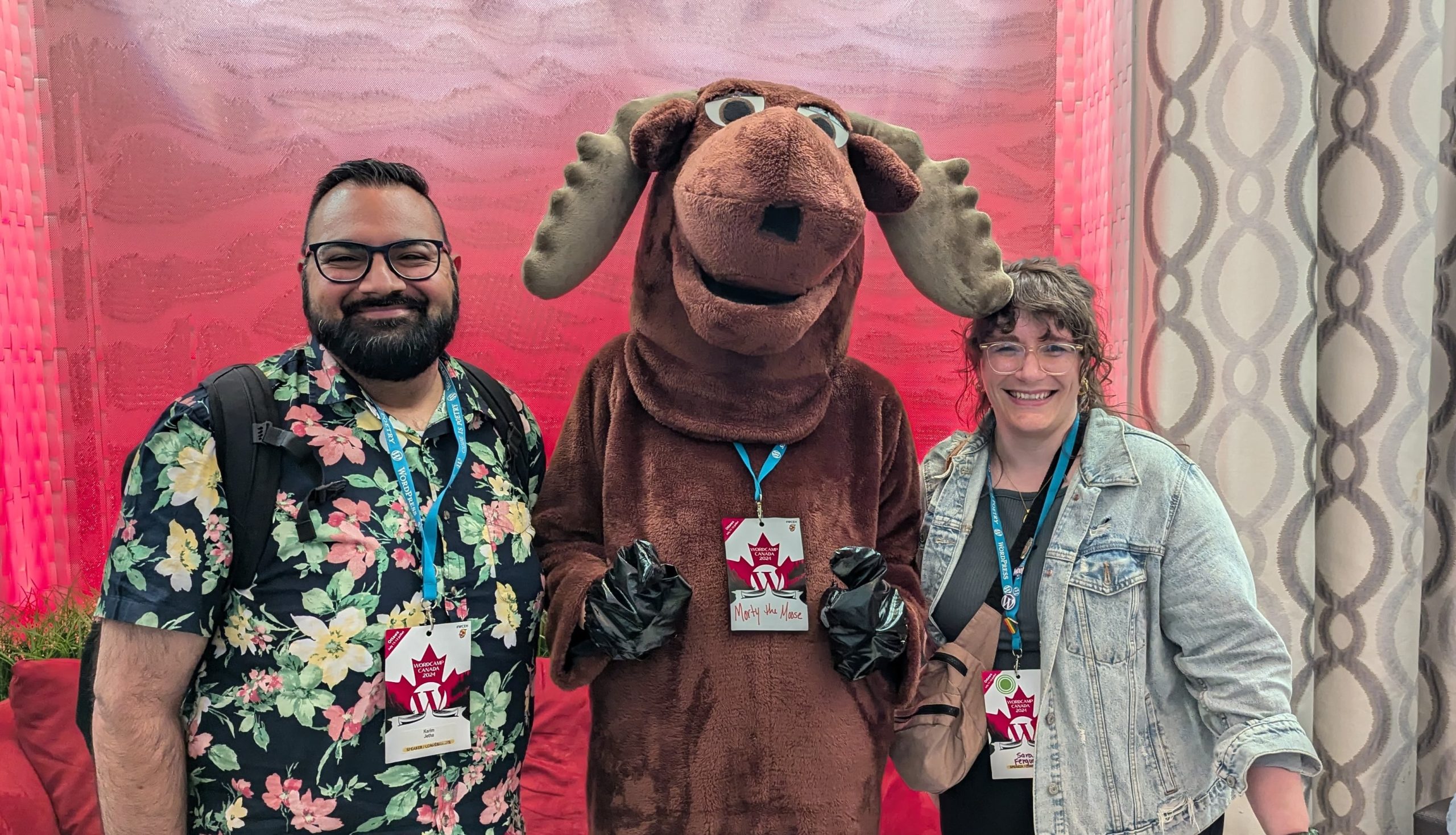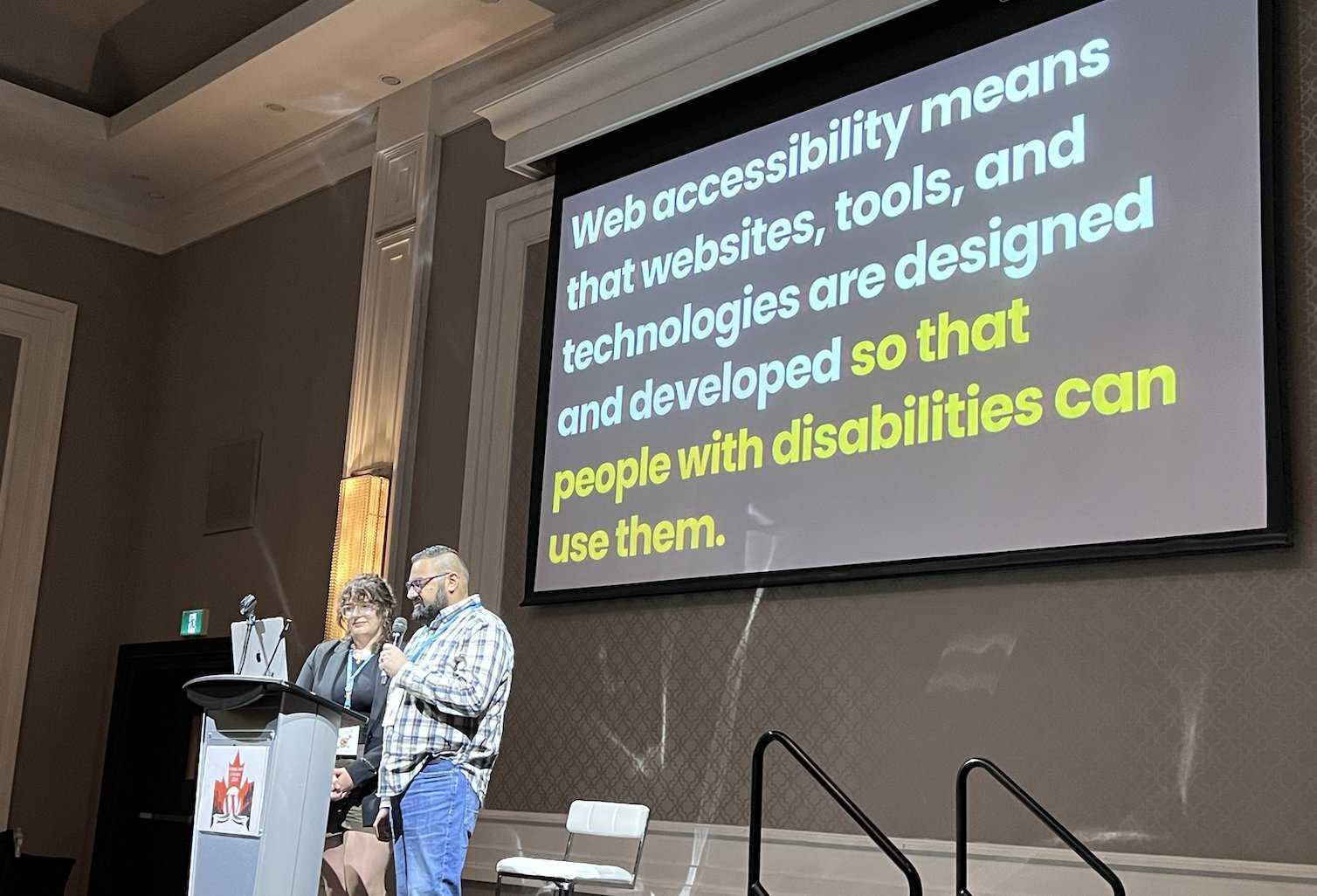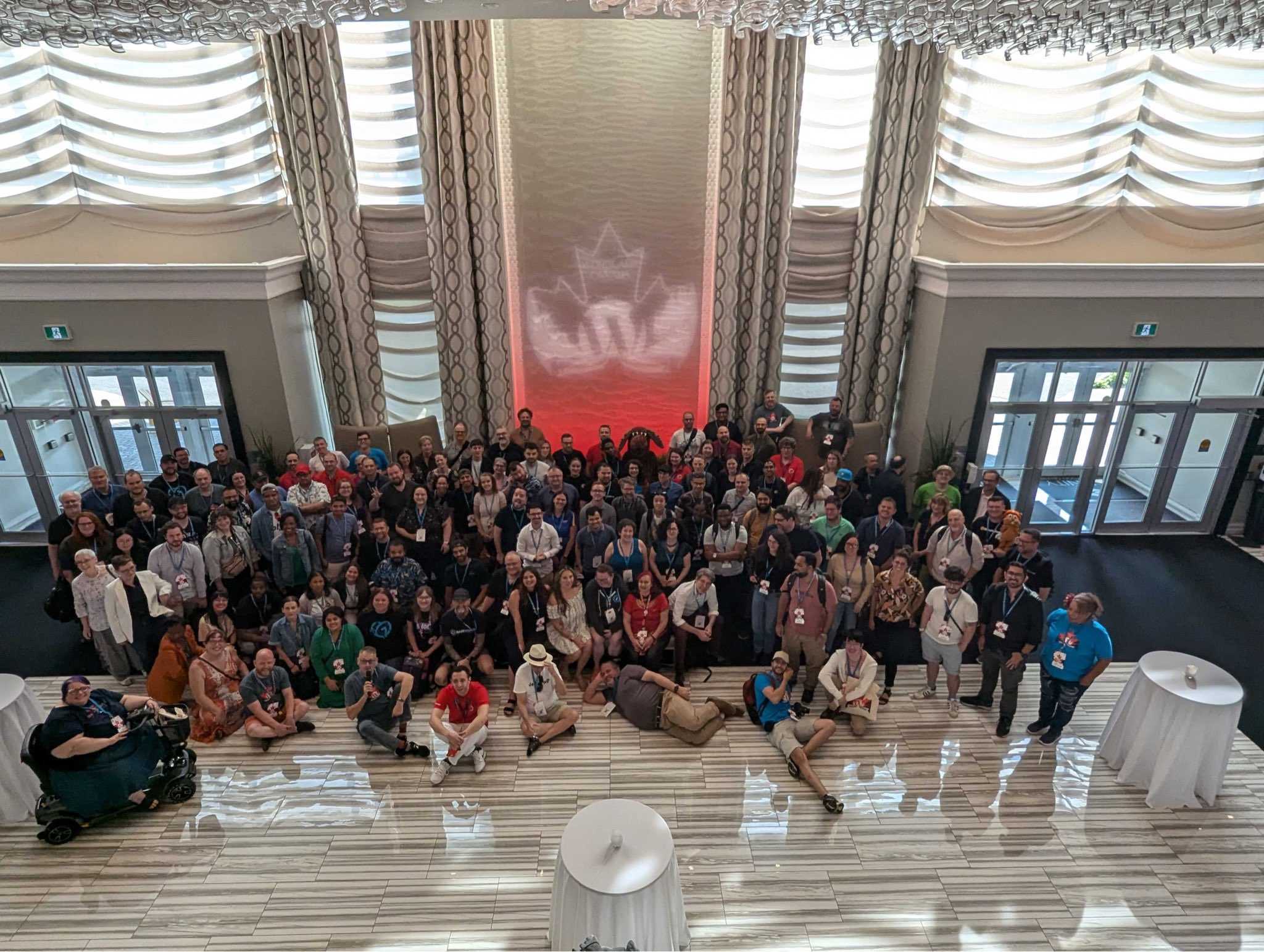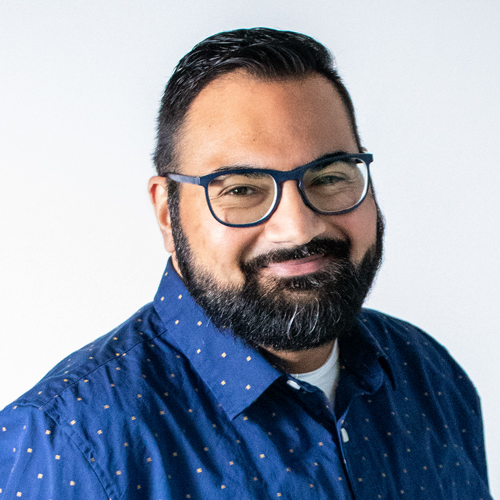If you're looking to hire a development firm to build you a mobile or web app, this Quick Reference Guide is a must-have.
WordCamp Canada 2024: A recap of the first national event
DevelopmentBuilding community, championing accessibility, and embracing change
Sara Ferguson and I had the honor of representing Paper Leaf and speaking at the first-ever WordCamp Canada, held July 11-13, 2024 in Ottawa, ON. Although local WordCamps have been held in various cities across Canada, this was the first national event, bringing together the WordPress community from coast to coast. It was an incredible opportunity to connect with like-minded professionals and immerse ourselves in the ever-evolving world of WordPress.
What drew us to WordCamp Canada was the call for speakers, with a special focus on inclusivity, diversity, and accessibility—topics that are core to our work at Paper Leaf. We eagerly applied to present on accessibility and were thrilled when our proposal was accepted. Thus began our journey to the nation’s capital!
This post is a wrap up of our learnings and experiences at WordCamp Canada 2024.

Contributor D’eh
WordCamp Canada kicked off with Contributor Day—a unique feature not present at all WordCamps. Contributor Day is all about giving back to the WordPress community, with opportunities to contribute in areas like design, testing, core development, documentation, multilingualism, and, of course, accessibility.
Attendees were free to join whichever tables interested them throughout the day. We decided to focus on accessibility, and joined forces with a fantastic group. Together, we reviewed notes from the WordPress accessibility team at WordCamp Europe and proposed updates to the “accessibility-ready” tag for themes. We also brainstormed ways to ensure that accessibility data on WordPress.org is reliable and up-to-date so users can see when a tagged theme was last tested and passed the accessibility standards.
It felt great to contribute to the overall community and collaborate with fellow WordPress experts from both Canada and the United States.
WordCamp day 1: learning, sharing and presenting
The first day of WordCamp Canada kicked off with a keynote from Meggan Van Harten, Co-CEO of Design de Plume, an Indigenously and women-owned creative agency based out of Sudbury, ON. Meggan spoke about the intersection of Indigeneity and accessibility, shedding light on how Indigenous communities are digitally underserved. Her insights into how common design practices can unintentionally harm these communities were eye-opening and set the tone for a day full of learning. She highlighted some really interesting points, like how screen readers don’t support Indigenous languages, and how common iconography can cause harm.
With three tracks running simultaneously, it was impossible to catch every session, but Sara and I divided and conquered. Here are some standout sessions from Day 1:
- Curating the Editing Experience – Nick Diego
- Underrepresented in Tech – Michelle Frechette
- How to make Meaningful Privacy Policies – Corinne Boudreau
- Collaboration in Design Systems – Bryenne Kay & Jesse Dyck
- From CMS to LMS – Sandi Gauder & Aiann Oishi
- Mitigating Threats to WordPress – Dan Knauss
Note: The presentations were recorded and will be shared on WordPress.tv. once ready.
The highlight for us, of course, was our session, “Growing in Accessibility.” We had some pre-talk jitters and minor technical hiccups, but the audience’s interest and engagement made it all worthwhile. The positive feedback we received was a great affirmation that our work is resonating with others in the community.

WordCamp day 2: connections and conversations
Day 2 saw even more attendees, with sessions continuing to pack a punch. With our presentation behind us, Sara and I could fully immerse ourselves in the day’s offerings. The hallway track was buzzing with energy, featuring sponsor booths, vendors, and the always-popular Happiness Bar, where attendees could get help with their WordPress challenges (proudly sponsored by Paper Leaf!).
Some key sessions and panels from Day 2 that caught our attention included:
- State of Multilingualism in WordPress – Robert Windisch
- Empowering the Underserved in Rural Ontario – Lucas Rodriguez
- Accessibility in the Digital Space (Panel) – Amber Hinds, Daniel Paz, Michel-Anthony Borde, Emil Falcon
- Leveraging ChatGPT – Michael Milette
- How to Ensure Your Website Complies with Canadian Accessibility Laws – Amber Hinds
- An Editor’s Eye on Code Reviews – Mike Davey
Note: The presentations were recorded and will be shared on WordPress.tv. once ready.
The day wrapped up with a thought-provoking conversation between Meggan Van Harten and Julia Golomb. They discussed how WordPress and the community can help foster inclusivity and invite more people into technology, while acknowledging there are still a lot of gaps to be filled.
The closing ceremony featured heartfelt thanks, acknowledgments, and some exciting giveaways. And let’s not forget the after-party—complete with a make-your-own poutine bar, Montreal smoked beef sandwiches, and BeaverTails for dessert!
Key takeaways we want to share
WordCamp Canada 2024 was full of valuable insights. Here are some key takeaways we’re bringing back to Paper Leaf that we thought would be valuable to share with the overall community: Accessibility and inclusivity need to be looked at from many different lenses, and every element of a site needs to be considered from these lenses.
- Accessibility and inclusivity: The importance of accessibility will only grow worldwide, and we’ve really seen it grow from a legal standpoint in Canada. Several provinces now have accessibility standards, and everyone needs to consider these standards for all areas of their websites.
- Amplifying underrepresented voices: The tech industry still has a long way to go, but resources exist to help. For Example, Underrepresented in Tech.
- Refining the block editor: This included customizing the editor in WordPress to the user’s needs for the best possible experience. For example, hiding things they don’t need.
- Privacy matters: Privacy policies are not just a legal requirement but a trust-building tool. Their importance will continue to rise as stricter privacy laws pass around the world.
- The future of WordPress: Expect more customization, collaboration, and eventually, multilingual support in the core.
- Design systems: Collaboration between design and development is key. Collaboration between design and development through design systems allows for the building of consistent brand experiences, and doing this in WordPress is achievable using things like variable blocks.
- AI’s impact: AI is changing how sites are being built, from helping with multilingual efforts to building full WordPress sites in a matter of minutes. Adopt and utilize this technology.
- Security: You and your users are the biggest security threat to your WordPress site being exploited. Terminate session cookies after a shorter period of time/period of inactivity, restrict concurrent sessions, and force users to reauthenticate to take privileged actions.
Final thoughts
The ecosystem around WordPress continues to grow, and there is a lot of work and expertise right here in Canada. The focus on accessibility, inclusivity, and innovation was inspiring, and we left feeling more connected than ever.
We really enjoyed attending this event. It was wonderful meeting so many of the attendees who came out, and to see that the WordPress community in Canada is thriving.
Kudos to the organizers, volunteers, and everyone who made this event possible. The attention to detail—from the smooth operations to the delicious, all-Canadian menu—was top-notch. We’re already looking forward to next year!

